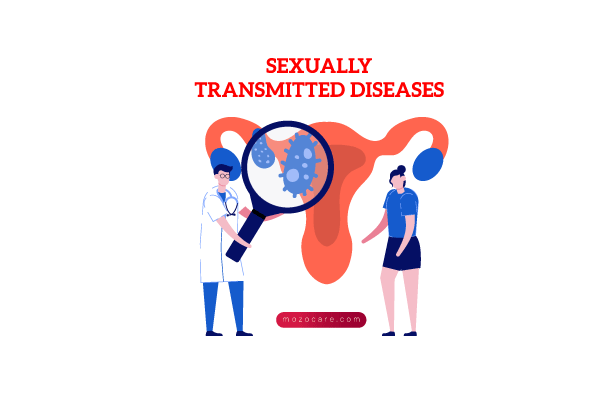
Protection against STD is possible, significant reductions in new infections are not only possible, they are urgently needed. Prevention can minimize the negative, long-term consequences of STDs, which is why it’s important to take precautions to stay safe – like using condoms or reducing the number of sexual partners.
More than 30 different bacteria, viruses and parasites are known to be transmitted through sexual contact. Eight of these pathogens are linked to the greatest incidence of sexually transmitted disease. Of these 8 infections, 4 are currently curable: syphilis, gonorrhoea, chlamydia and trichomoniasis.
The other 4 are viral infections which are incurable: hepatitis B, herpes simplex virus (HSV or herpes), HIV, and human papillomavirus (HPV). Symptoms or disease due to the incurable viral infections can be reduced or modified through treatment.
A person can have an STI without having obvious symptoms of disease. Common symptoms of STIs include vaginal discharge, urethral discharge or burning in men, genital ulcers, and abdominal pain.
Symptoms Of STD In Males Are.
On the other side, symptoms of STD in female are.
Sometimes there are some unusual symptoms which may vary due to STD specification.
Below are the different STDs discovered yet, which can be treated through modern technology,
Chlamydia is the most common STD infection among the teenagers and youngsters, which is caused by a bacterium named Chlamydia trachomatis bacterium. In the initial stage, chlamydia does not show any noticeable symptoms but when they do develop following symptoms are visible,
Treating chlamydia is important is after a certain time it causes some serious harm, I.e. infections of the testicles, pelvic inflammatory disease, infertility.
HPV is human papillomavirus is the another most common virus causes due to unprotected sex and intimate skin-to-skin connection. If HPV or genital warts don’t get treated, then some strains may end to cancer which includes.
Currently, there is no treatment available for human papillomavirus, but some vaccines are available for the prevention such as HPV 16 and HPV 18.
Syphilis is an infectious disease caused by Treponema pallidum bacterium. Syphilis can be treated by antibiotics, but syphilis does not show noticeable symptoms as it includes rash, fatigue, fever, headaches, etc which is generally normal but if syphilis is left untreated then it cause severe problems such as mental illness, infections of the brain or spinal cord, heart disease, death and many more.
Human immunodeficiency virus (HIV) is the most dangerous sexually transmitting disease which affects the immune system of a person and if not treated then it may cause stage 3HIV known as AIDS. Currently, there is no treatment or vaccine is available for HIV, but it can be managed through treatments.
Pubic lice are also recognized as crabs. Just like head lice, pubic lice are small insects grows in the pubic hair and they may cause many problems in the vaginal and penis area as they feed on human blood. They can be treated by maintain hygiene and through antibiotics.
Some common factors that may increase the chances of sexually transmitting disease are.
Prevention is easy from STD as some basic and necessary precautions are needed to take and it will make you secure from STD. Such follow ups are.